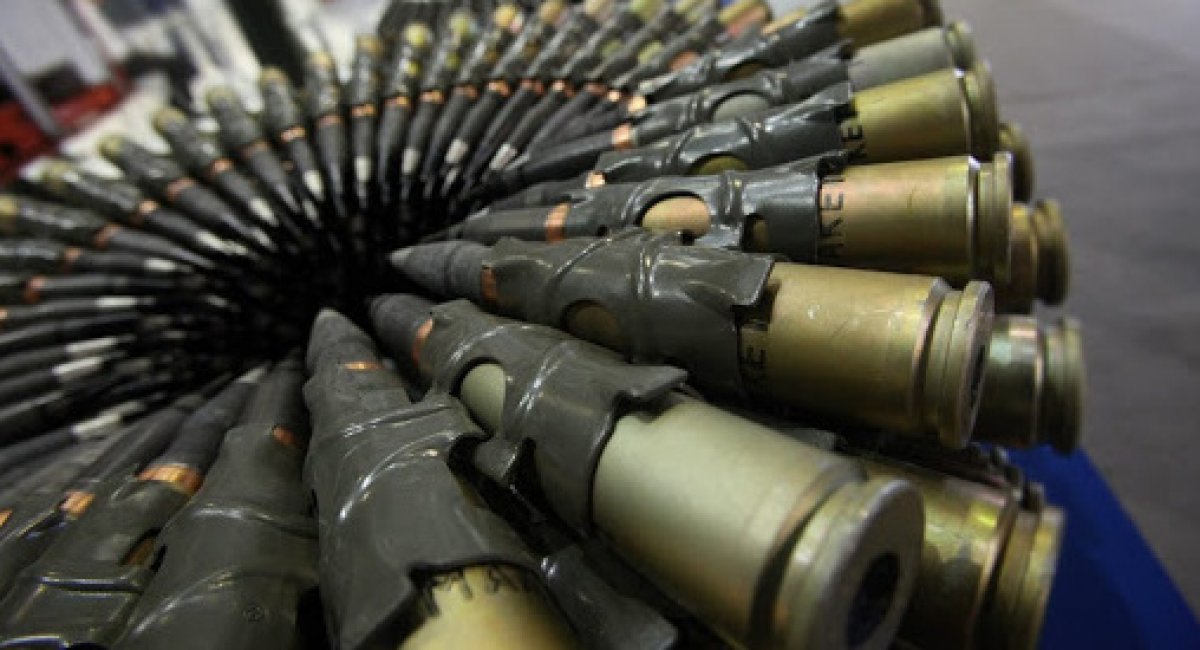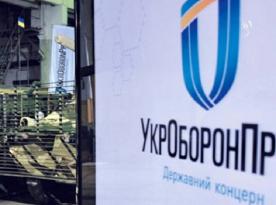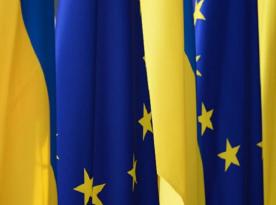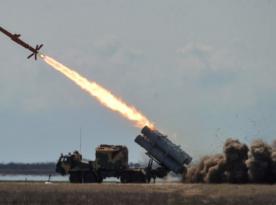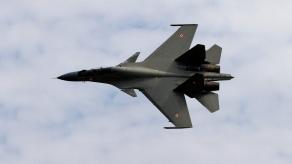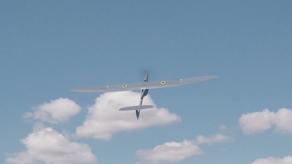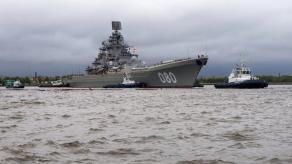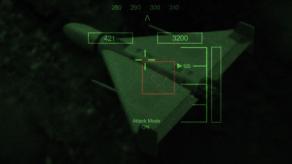The newly hatched minister has announced radical changes planned for the national defense industry within a few years to come. But only time will tell how profound, fast and successful the changes will be.
Matters relating to the defense-industrial sector and Government Defense Procurement Contract (GDPC) had, until now, been the responsibility of a small department at the Ministry for Economic Development, Commerce and Agriculture, headed by a deputy Minister. But in a country where there are as many as 16 defense and security customers, the head of a small department is very limited in his ability to exert influence on how things are run and done, and especially so when it comes to implementation of national defense-industrial policy priorities.
Read more: Ukraine-Germany consultations on defence cooperation development held in Berlin
But the fact is that there is much to manage in the defense-industrial realm. The State-owned defense industries group Ukroboronprom alone has under its administration 137 companies (including 21 located in Russia-occupied areas in eastern Ukraine) and the State Space Agency of Ukraine (SSAU) has managing authority over 21 companies. There are several more companies administered by other Government agencies, including the ministries for internal affairs and for education and science. In Ukraine, more than a half (or over two hundred) military production companies are in the Private Sector.
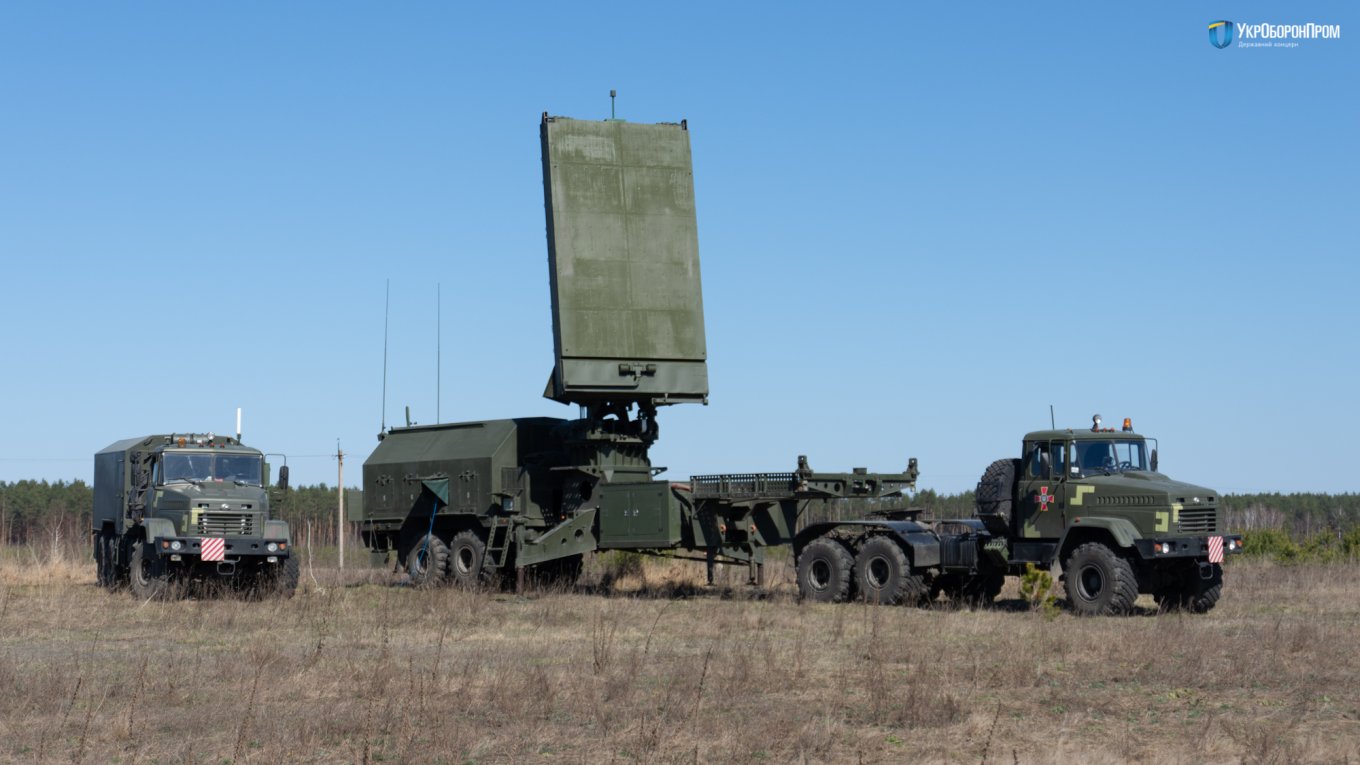
That being said, however, the situation in Ukraine's defense industry, especially its public segment, has been changing for the worse, this despite the fact that the GDPC has been increasing year by year. Ukroboronprom’s figures suggest that only 27 out of 116 companies currently under its management are actually operating producing 90 percent of the Company’s output. Regarding the SSAU, the situation is no better with only seven of 21 companies being alive and working. In the Private Sector the situation is reversed, with production booming, albeit this happening without due attention or support from the Government.
Thus, with the purpose in mind to change this sad situation, the National Security and Defense Council (NSDC) decided at its session held in June 2020 to set up a Government authority to address defense-industrial policy issues. One month later, the Ministry for Strategic Industries was established pursuant to a Government Decree, with Deputy Prime Minister Oleh Urusky placed in charge of the new ministry on July 16.
Established as a successor to the Department of Defense Industry at the Ministry of Economy, the new ministry is to integrate within itself SC Ukroboronprom, SSAU, State Research Institute of Informatization and Economy Modeling, as well as State-owned Pavlohrad Chemical Plant, a manufacturer of rocket fuel.
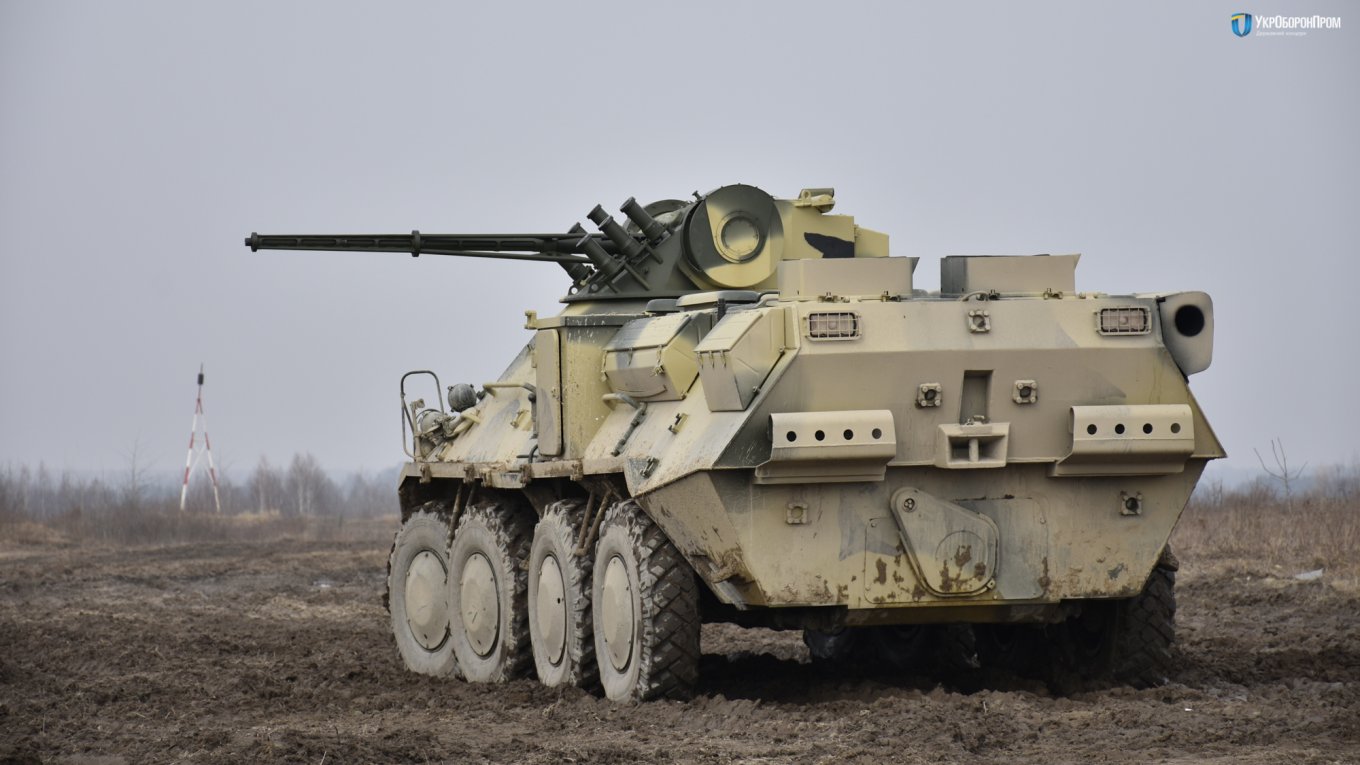
A new configuration for the country’s defense industrial sector was outlined in detail by Oleh Urusky, in a speech to August 12 round table conference hosted by Ukrinform news agency.
Thus, according to Mr Urusky, there will be established two state-owned holding groups to bring together companies that are currently administratively subordinated to the Ukroboronprom and SSAU, respectively. Before this happens, there will be identified companies across industries to lead industry clusters in their respective areas of expertise. This will be followed by company corporization process, with the Government initially holding 100 percent ownership of the companies.
In the future, Ukroboronprom will be re-organized into a state-owned holding company with whole different functions and responsibilities. The company will be renamed, tentatively "Ukrainian Defense Systems". The new holding will manage equities in its constituent companies. There is talk about five to eight business associations -- holding companies to be set up based on specific areas of industrial expertise and competencies: precision-guided weapons, radar systems, shipbuilding, specialty chemicals, ammunition, and armored combat vehicles.
In addition to Ukrainian Defense Systems, there will be established a holding group that will bring together SSAU-run companies and public businesses engaged in the aircraft building industry. This second group, to be known as Ukrainian Aerospace Systems, will be comprised of two holding-type entities, one of them Antonov Company and the other the holdings group “Space Rocket Center Pivdenny”.
Ukrainian Defense Systems and Ukrainian Aerospace Systems will be both placed under the administration of the Ministry for Strategic Industries, excepting licensed arms dealers who will be removed from under the administration of SC Ukrobonroprom and will operate within the functions and purposes defined in their respective founding charters.
It is also on plan to encourage the Government to establish an Export Credit Agency to provide trade financing to domestic arms manufacturing companies for their export market activities. It is assumed that this will facilitate the export market for Ukraine’s arms manufacturers and allied industries.
Another area of reform is the creation of a defense technology agency akin to the U.S. DARPA. This new Research & Development entity could be created centered around organizations such as the Central Scientific Research Institute of Weaponry and Equipment Systems, the National Academy of Sciences’ Division of Applied Sciences and the State Research Institute of Informatization and Economy Modeling. This would be helpful to formulate a new vision of future development priorities for Ukraine's defense industry.
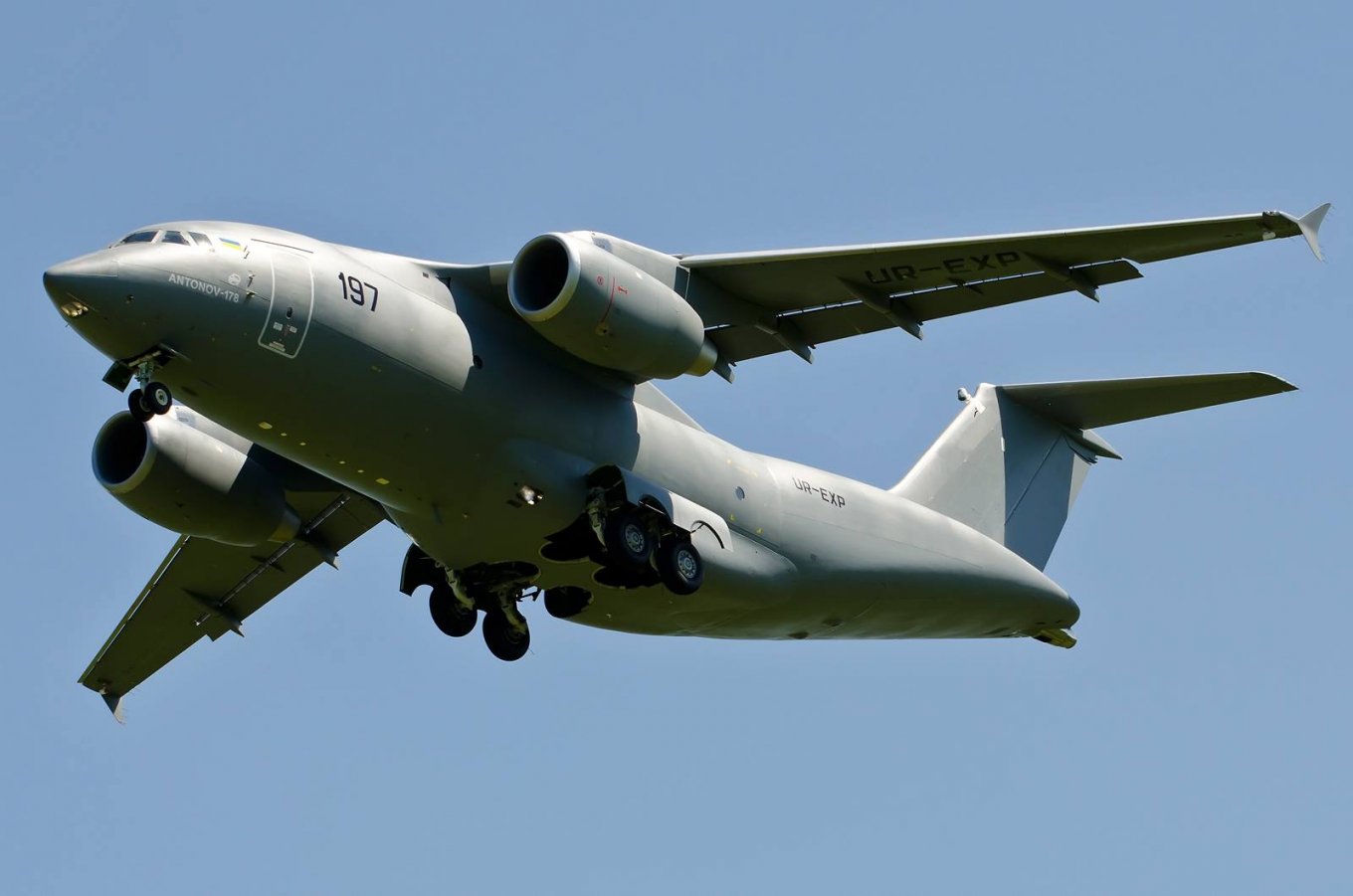
Beyond that, incentives to facilitate defense industry growth and development are contained in the recently adopted legislation on "Public Defense Procurement" that President Volodymyr Zelensky enacted on August 12. The legislation includes measures that are long overdue. Thus, it introduces the term ‘life cycle’ for use in the context of weaponry and military equipment systems, and makes provisions that new defense and military technologies be officially tested and qualified by the same procedures as used by NATO nations. On top of that, the legislation fosters transparent and competitive market for defense-related products, works and services, and allows domestic customers to source products directly from import markets.
In addition, the legislation introduces a three-year cycle in planning for arms procurement programs and provides for Government support measures for the domestic defense industries, both public and private.
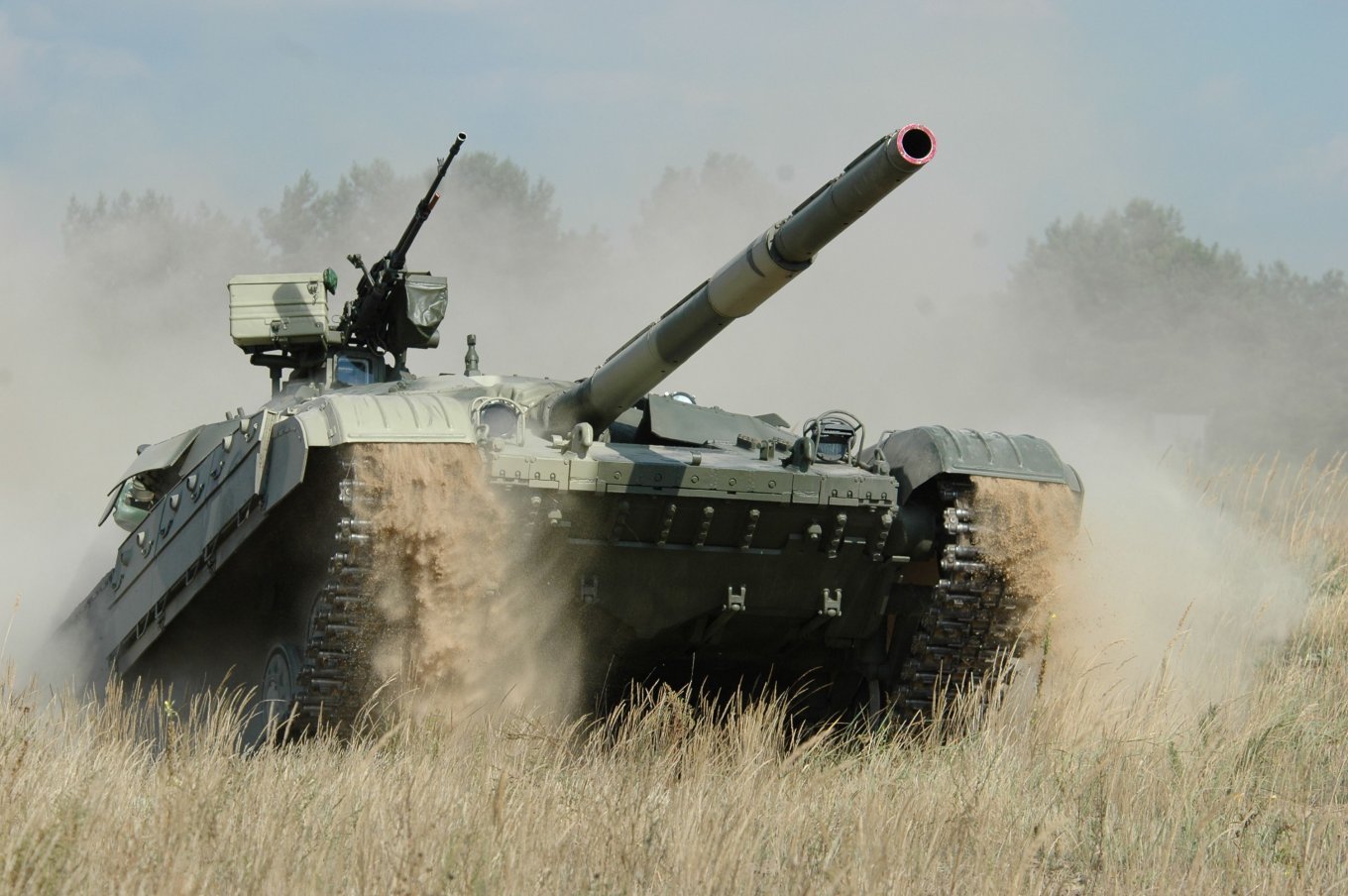
The law allows international defense technology suppliers to be invited to bid for contracts, provided that there is a higher priority given to (1) bidders who offer products localized for production in Ukraine’s customs territory and to (2) bidders with more favorable bids in terms of MRO servicing of the equipment supplied.
So, we can see from the preceding comments that Ukraine’s defense industry is on the verge of major reforms that the newly founded Ministry for Strategic Industries expects will be brought to fruition within a few years’ timeframe. That being said, there is an ambition that the reforms be carried out quickly enough so that to yield their expected results before the next presidential election. But this will depend on a fusion of multiple factors, the most important being the concerted effort by the legislative and executive branches and SDCU; timely adoption of requisite regulatory legal acts, such as a law on corporatization in the defense industry; and the need for company managers and executives to be really willing and interested in innovations, game-changing practices, and learning how to compromise with each other.
Read more: President of Ukraine signs Law on Intelligence



